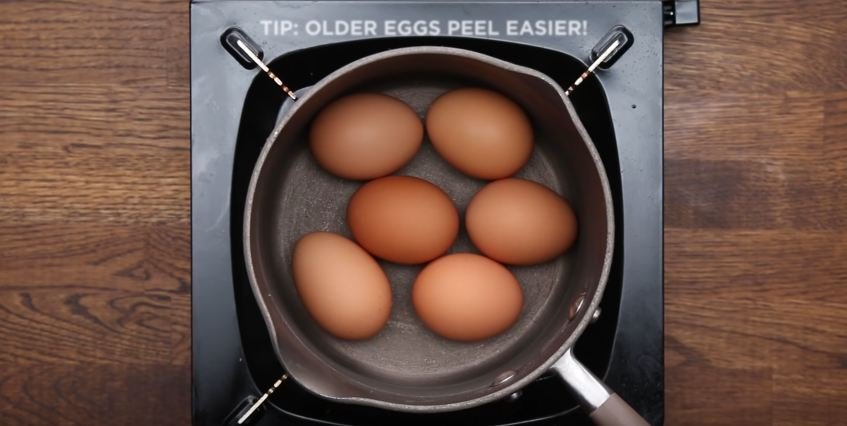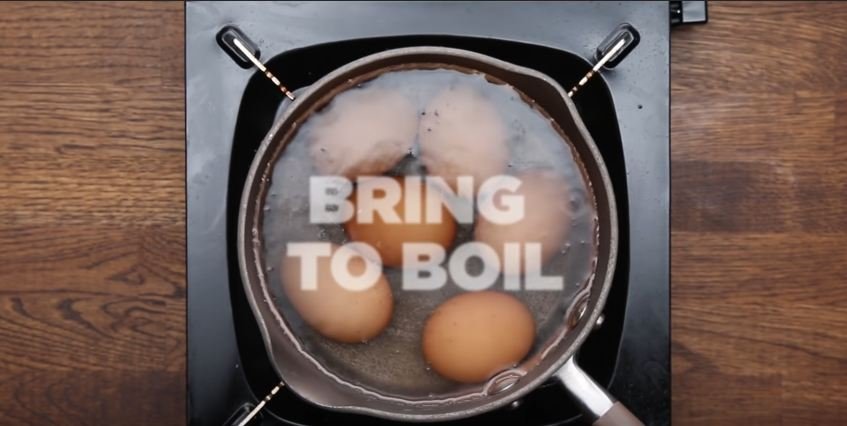Cooking eggs may seem like a simple task, but there is actually a lot of science involved in getting them just right. The perfect boiled egg has a firm white and a runny yolk, and it can be tough to achieve this without some guidance. That’s why we’ve put together this definitive guide on how long to boil eggs. In it, we’ll cover everything you need to know about boiling eggs, from choosing the right eggs to troubleshooting common problems. By the time you’re done reading, you’ll be an expert on all things egg-related!
Choosing the Right Eggs
The first step in boiling eggs is choosing the right eggs. If you’re using fresh eggs from your own backyard chickens, you’re in luck – they will probably cook perfectly every time. However, if you’re using store-bought eggs, there are a few things to keep in mind. First, check the expiration date – expired eggs will be more difficult to cook properly.
Second, consider the size of the egg – jumbo eggs will take longer to cook than small ones. Finally, make sure the shell is intact – cracked shells can allow bacteria to enter the egg and cause food poisoning. Once you’ve selected your eggs, it’s time to get cooking!
The Perfect Boiled Egg Recipe
Now that you’ve selected the perfect eggs, it’s time to get cooking! This recipe will produce perfectly cooked eggs every time:

Ingredients:
-1 dozen eggs
– Little bit of salt
-1 pot of water
Instructions:
- Fill a pot with enough water to cover the egg. Add salt if desired
- Bring the water to a boil

- Gently place the egg in the water
- Cook for 4-6 minutes, depending on how well done you like your boiled eggs
- Remove the egg from the water
- Carefully transfer the eggs to a bowl of ice water and let them cool for a few minutes before peeling and eating.

Hard Boiled Egg vs Soft Boiled Egg
What is the difference between a hard boiled egg and a soft boiled egg? The answer lies in the cooking time. Hard boiled eggs are cooked for a longer period of time, resulting in a harder yolk. Soft boiled eggs are cooked for a shorter period of time, resulting in a softer yolk. The type of egg you choose will depend on your personal preference.
How long to boil eggs especially, the hard boiled egg? the cooking time will vary depending on the size of the egg and the altitude at which you are boiling them. For a large egg, it is typically recommended to boil for 12-16 minutes. If you’re at a high altitude, you may need to adjust the boiling time accordingly.

*Cooking time is specified in minutes
Bottom Line
To achieve a soft boiled egg, the cooking time is much shorter. For a large egg, it is typically recommended to boil for 6-10 minutes. As with hard boiled eggs, if you’re at a high altitude, you may need to adjust the boiling time.
The perfect boiled egg is a matter of personal preference. Some people prefer their eggs cooked longer for a harder yolk, while others prefer them cooked for a shorter period of time for a softer yolk. Experiment with different cooking times to find what works best for you.
Finally, you have it—a comprehensive guide to how long to boil eggs. Remember, the cooking time will vary depending on the size of the egg and the altitude at which you are boiling them. But following these general guidelines should help you get perfectly boiled eggs every time.
You may also love to hear about century egg benefits
